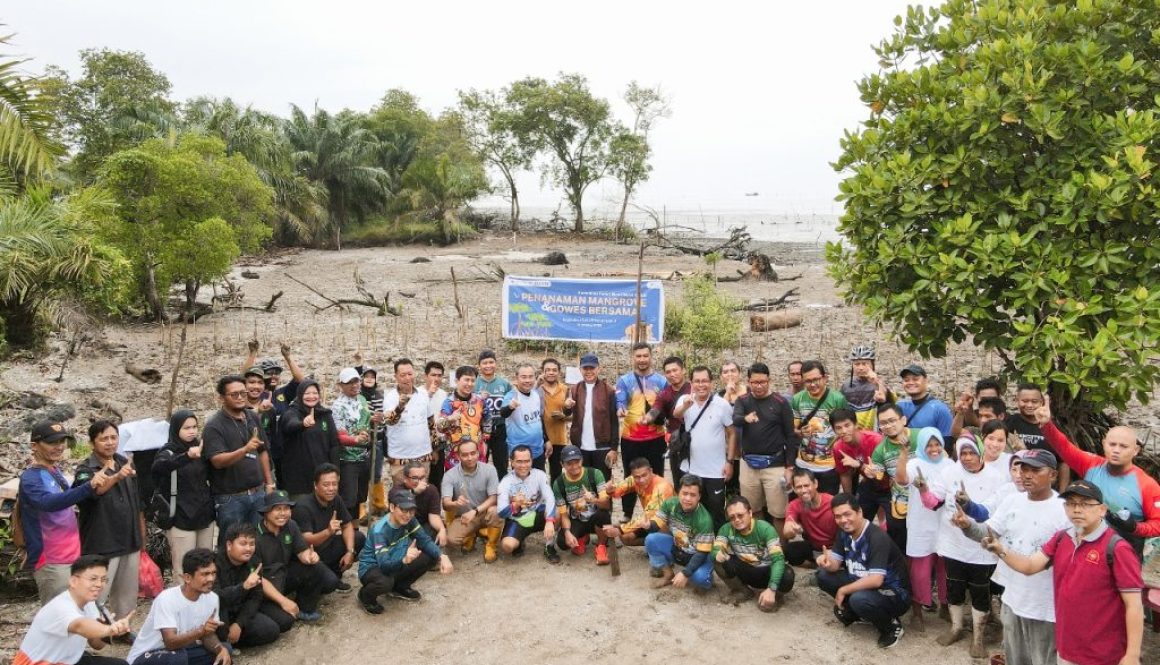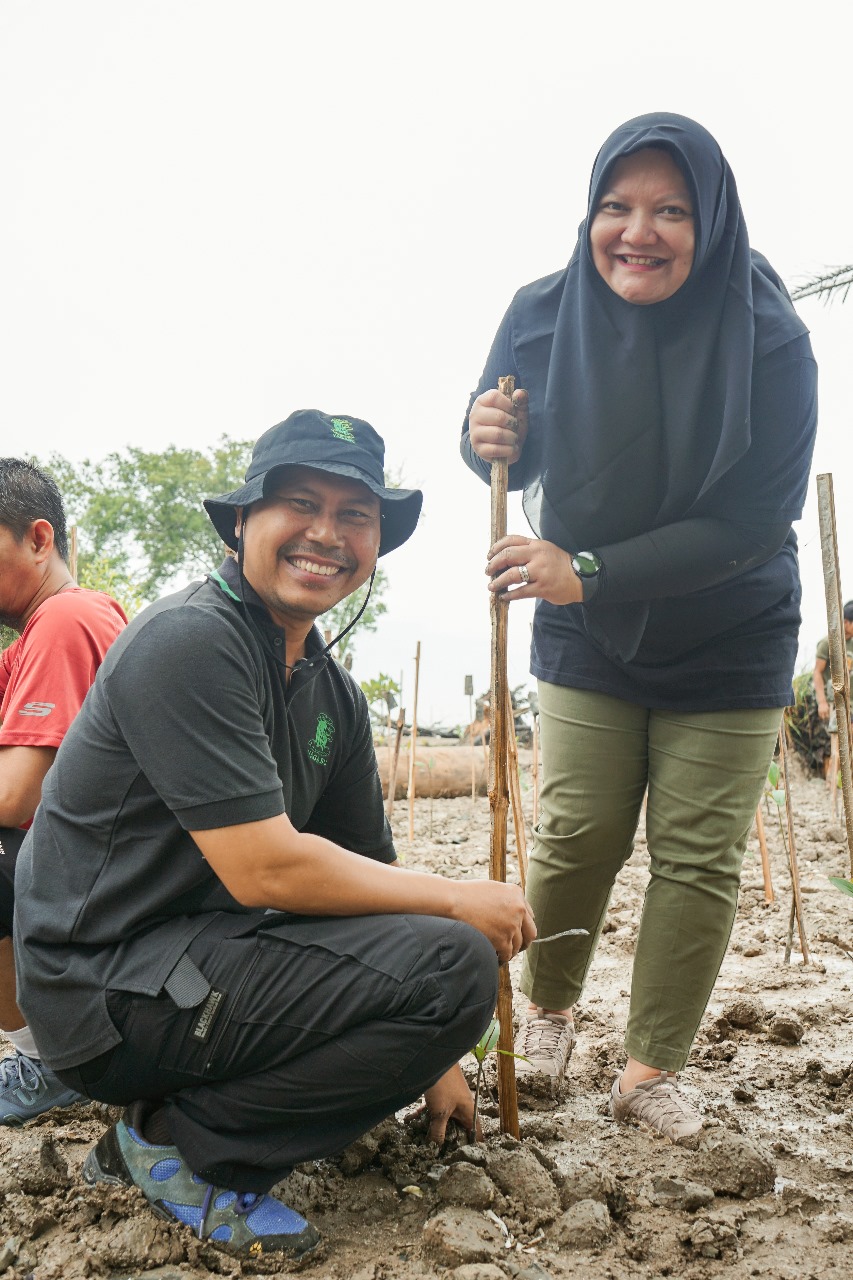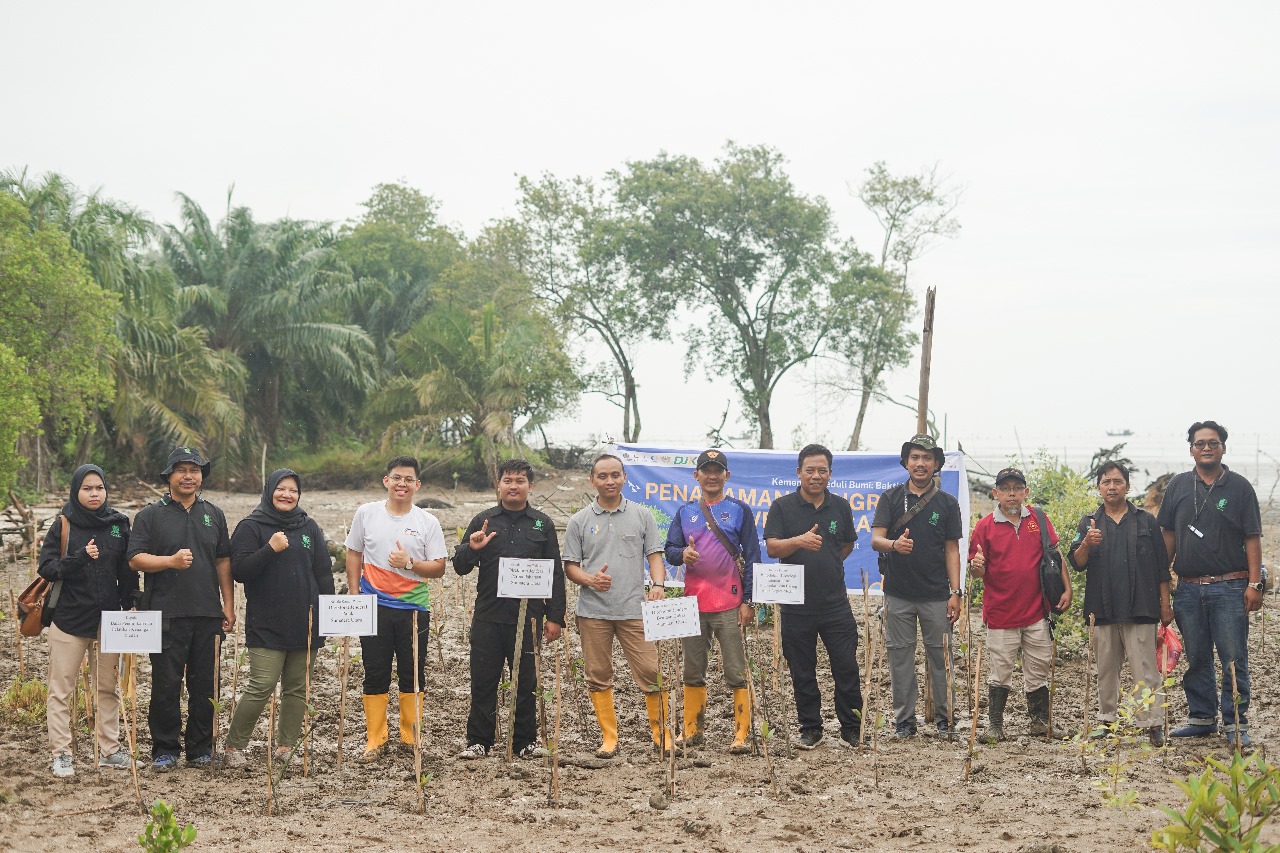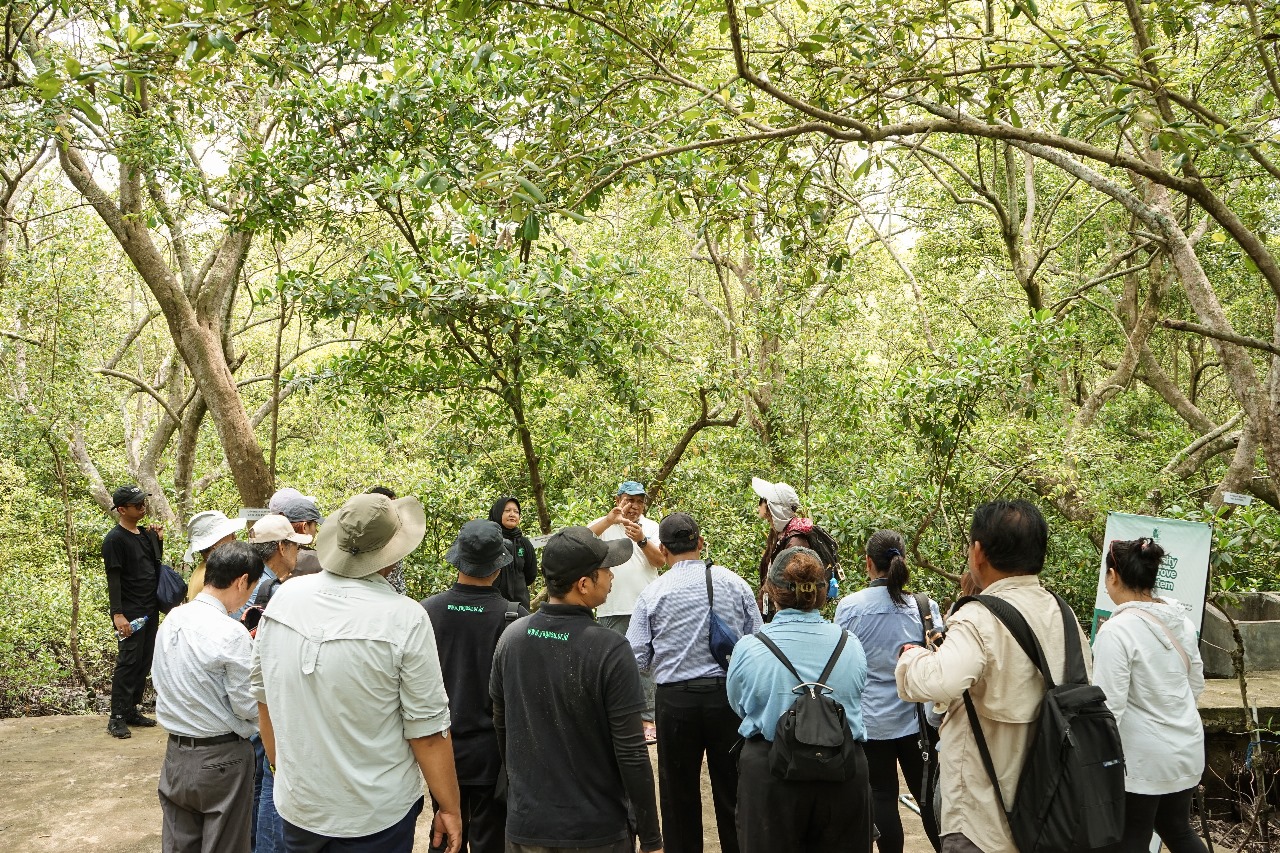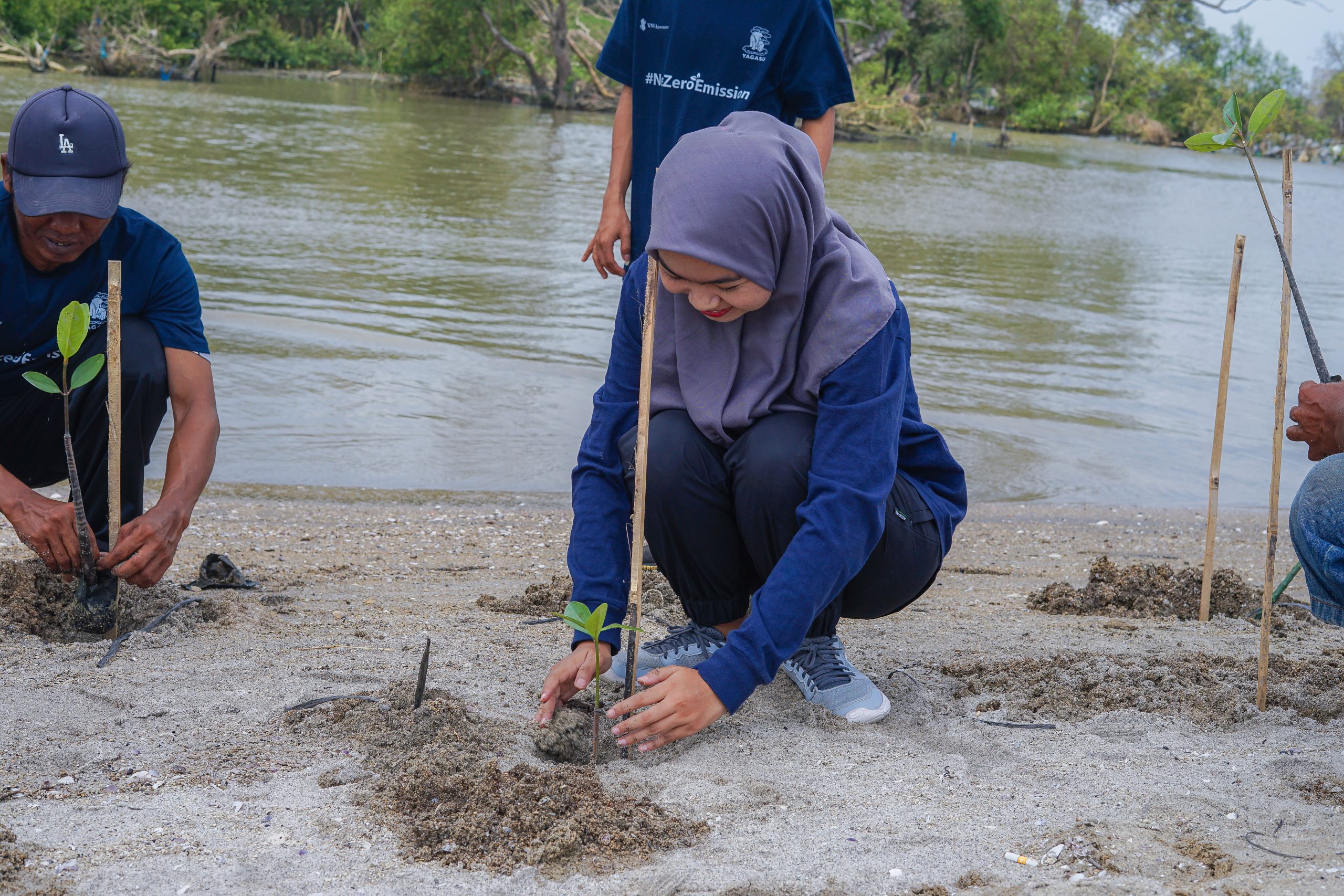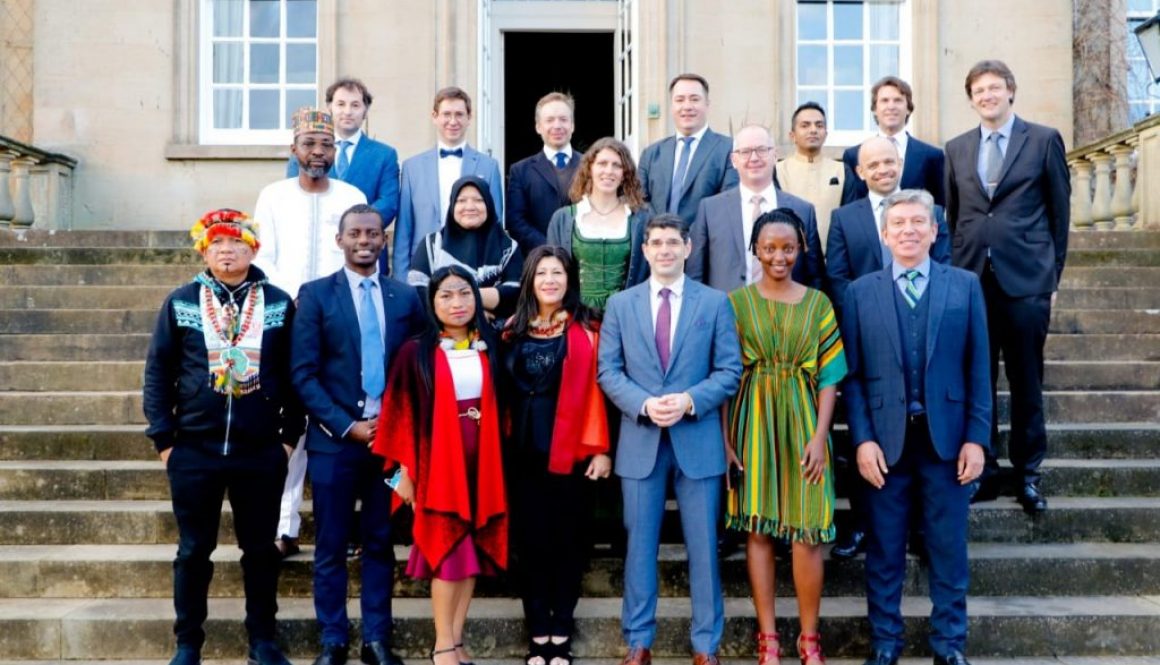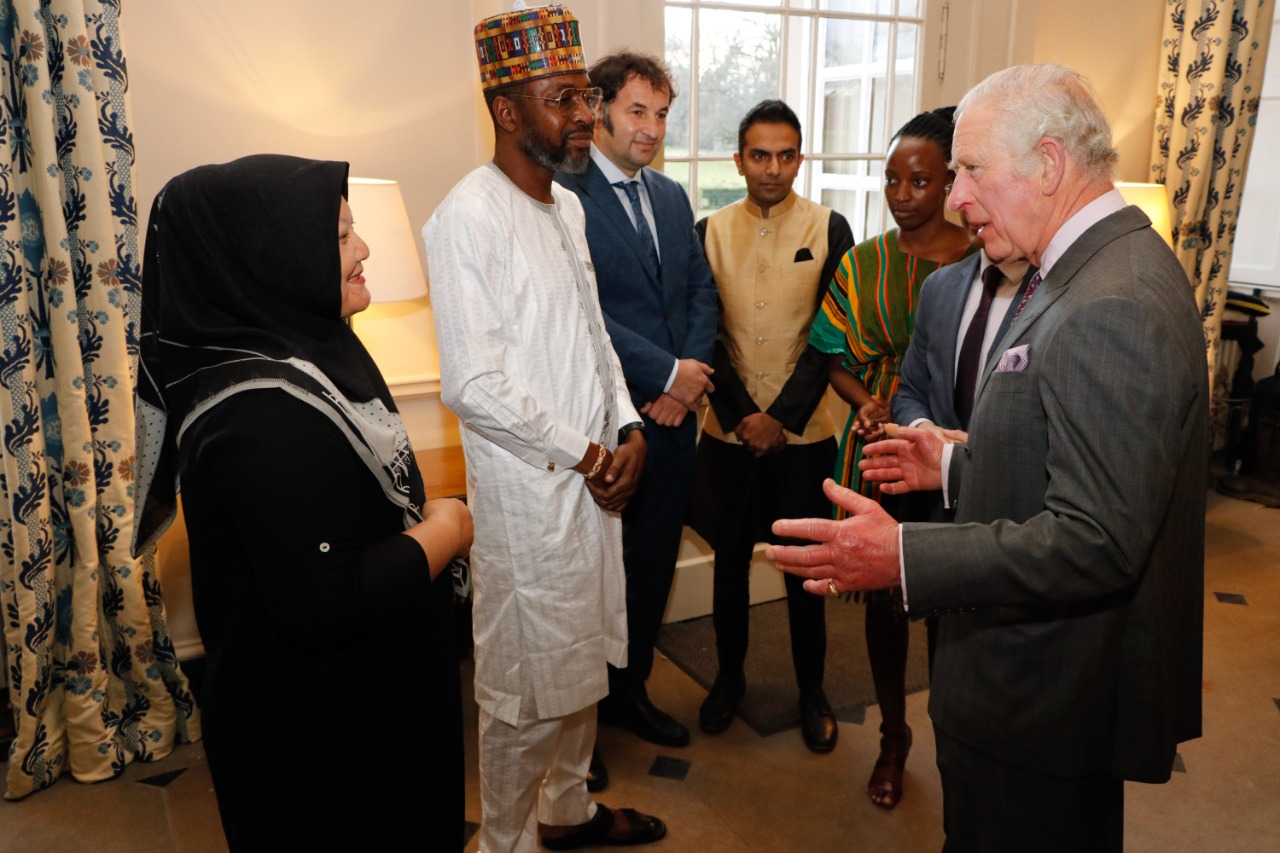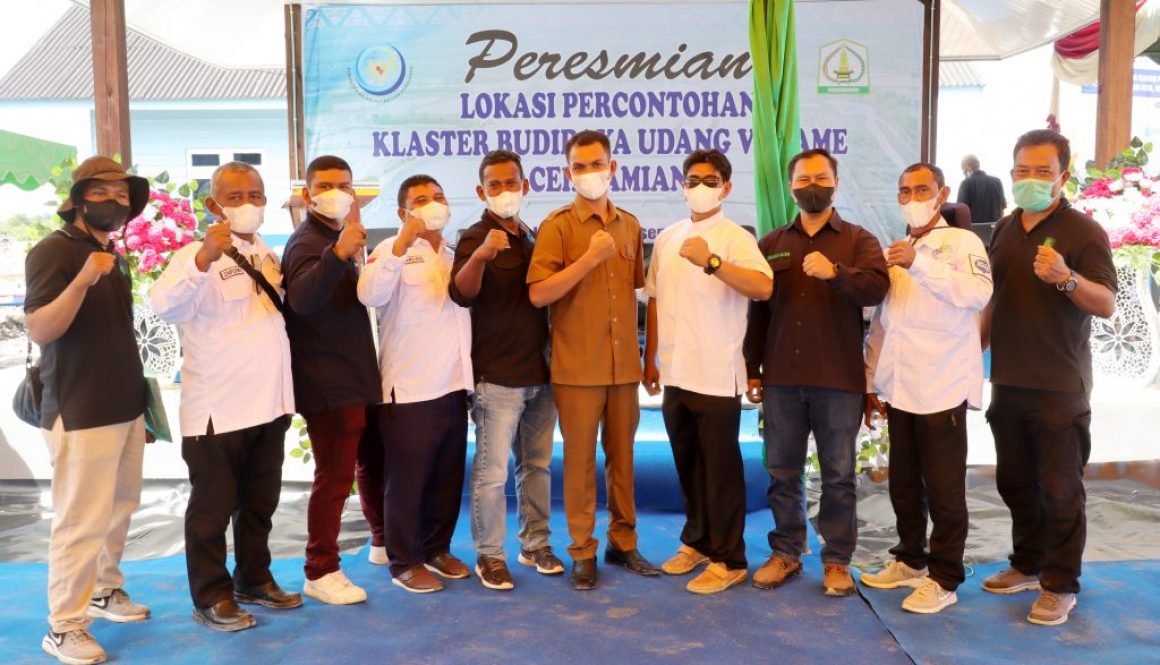The Conservation Dialogue, KVT Study Program of IPB With Yayasan Gajah Sumatera
Bogor – Friday (18/05), The Postgraduate Student Association of the Tropical Biodiversity Conservation Study Program (KVT) at Institut Pertanian Bogor organized a conservation dialogue in collaboration with various partners, including YAGASU, an environmental institution focused on land conservation, climate adaptation, and mitigation activities. The dialogue aimed to provide a space for open discussion, share knowledge, and exchange ideas.
The event, themed “Conservation Dialogue: Conservation for Sustainable Development,” took place in the Audiovisual Room of Gunung Gede Pangrango National Park and was attended by students, lecturers, researchers, and environmental activists.
Key figures at the event included Prof. Dr. Ir. Yanto Santosa, DEA, the Head of the Tropical Biodiversity Conservation Study Program, and Bambang Suprayogi, CEO of YAGASU, who participated via a zoom meeting.

In his opening remarks, Prof. Dr. Ir. Yanto Santosa, DEA expressed gratitude to all involved parties and emphasized the importance of the event in raising awareness about biodiversity conservation and fostering networks. The alumnus of Paul Sabatier University, France, emphasized that the Dialogue Conservation event organized by the Tropical Biodiversity Conservation students is an effort to raise awareness about biodiversity and foster networking.
“Bringing together various parties, especially those with conflicting views on conservation, is not easy. Hence, this event is very important,” he stated.
Through a Zoom meeting, Bambang Suprayogi, CEO of Yagasu, emphasized that conservation has experienced a paradigm shift. “The conservation program was initially just protection, but the paradigm has changed, namely how to utilize the potential of biodiversity so that it adds value to society,” said Bambang.
Furthermore, the Murdoch University, Perth, Australia alumnus emphasized that conservation should extend beyond protected species and areas to include those not officially protected.
On the same occasion, the Head of the TNGGP, represented by the Head of Administration, Dr. Anggit Haryoso, S.Hut, M.Sc, explained the challenges and strategies for managing Mount Gede Pangrango National Park.
The Forestry alumnus from IPB used TNGGP as an example to explain that the management of national parks must align with each park’s unique characteristics. TNGGP adheres to five (5) principles: comprehending the potential of every part of the area, understanding the conditions (trends and potential distribution), planning management intervention based on accurate data, understanding community typology, and utilizing the area’s value for sustainability, community, and national benefits.
Concluding the event, Dr. Arzyana Sunkar, M.Sc, representing the lecturers, noted that conservation efforts must incorporate social approaches and use welfare measures as success indicators. “While we implement conservation programs, it is crucial to consider human factors, as the success of these programs ultimately hinges upon human involvement and support,” said Arzyana.


Grace Yanti Pandjaitan, Vice Director for R&D Yagasu and a graduate student of Tropical Biodiversity Conservation, highlighted the importance of collaboration between academia and field practitioners to provide real solutions to conservation challenges.
“We hope events like this will become a regular agenda to strengthen networking and knowledge exchange,” Grace concluded.
This interactive event concluded with the presentation of souvenirs to the speakers and a group photo session.
(contributor: M. Arifin)







